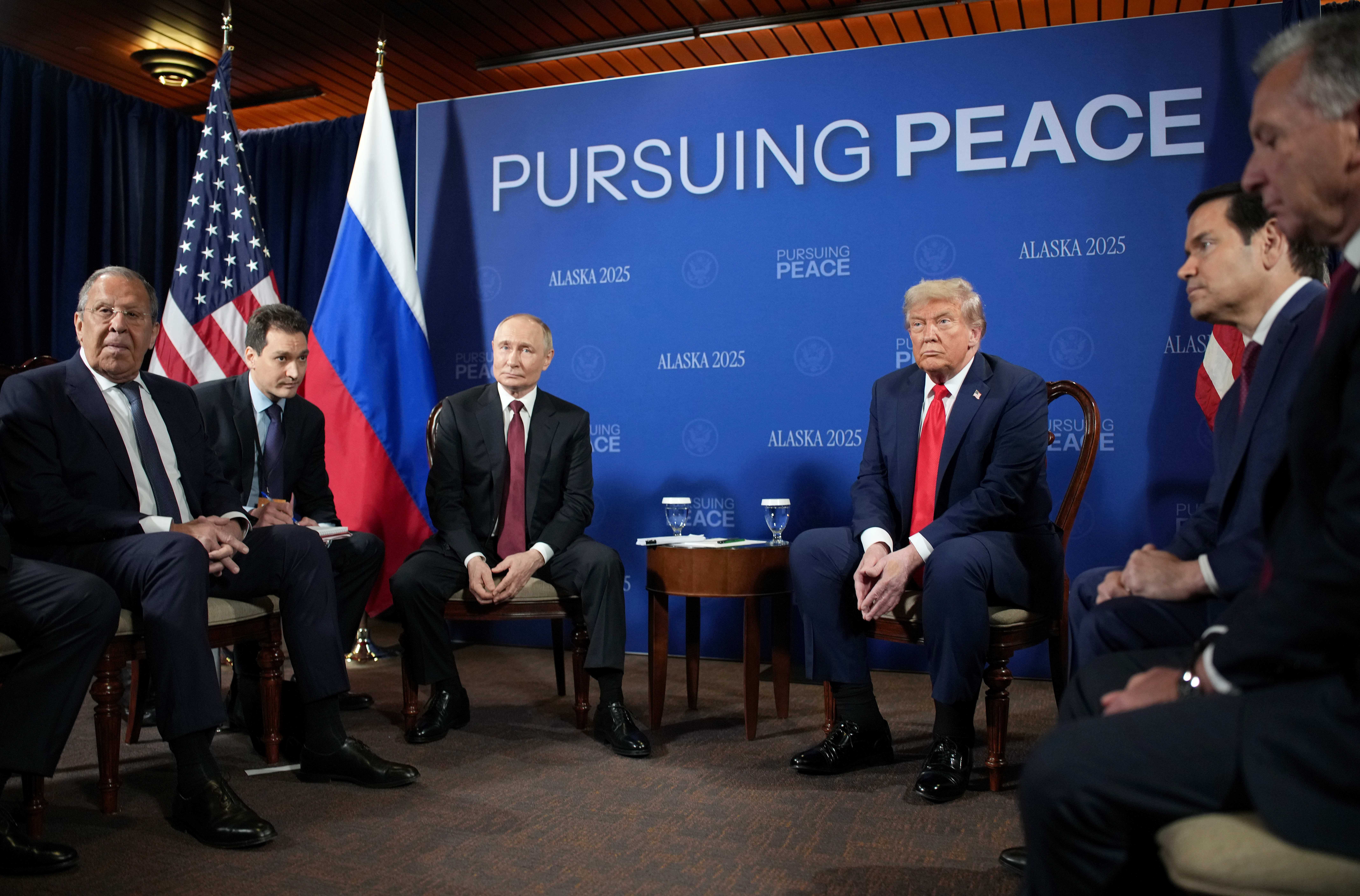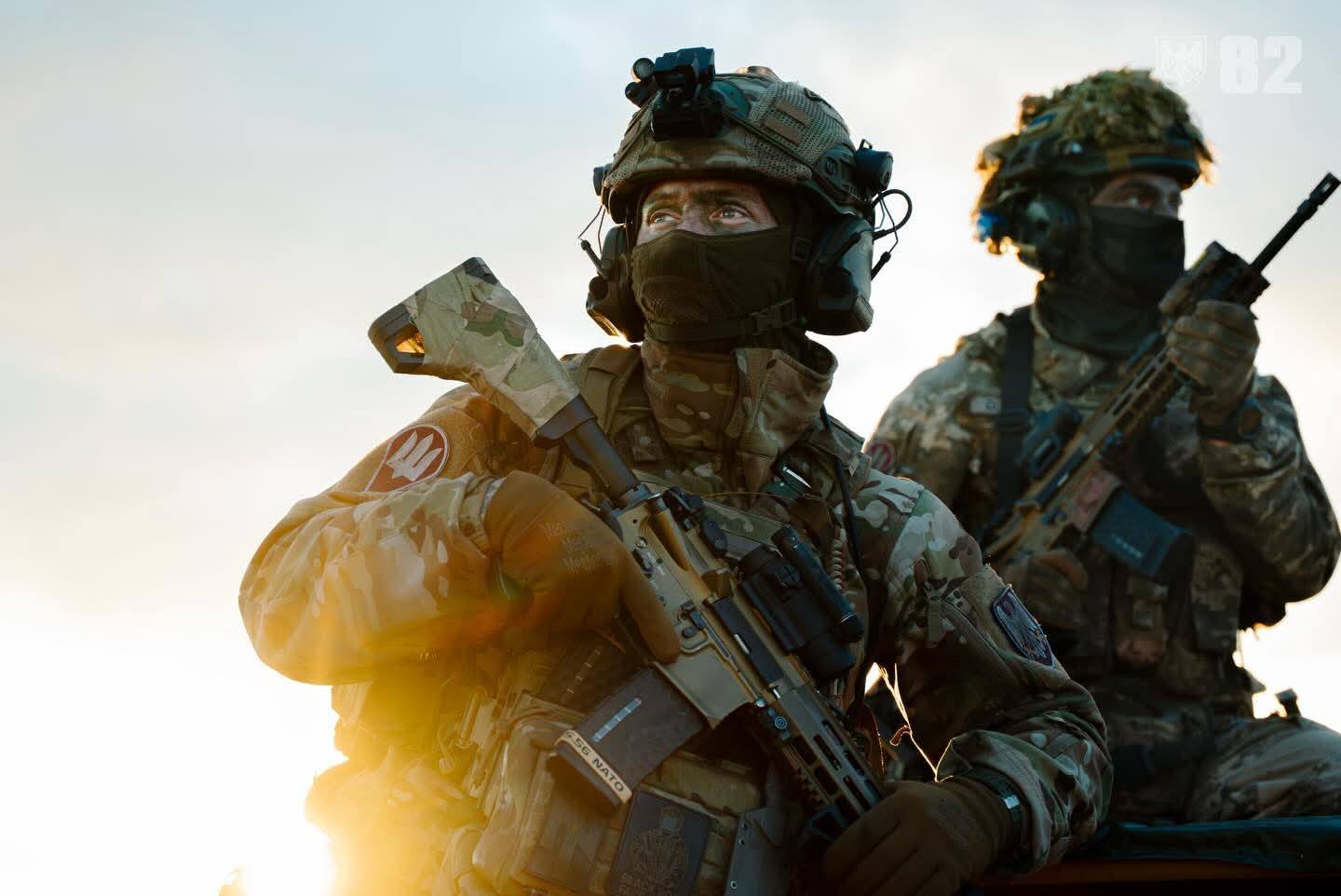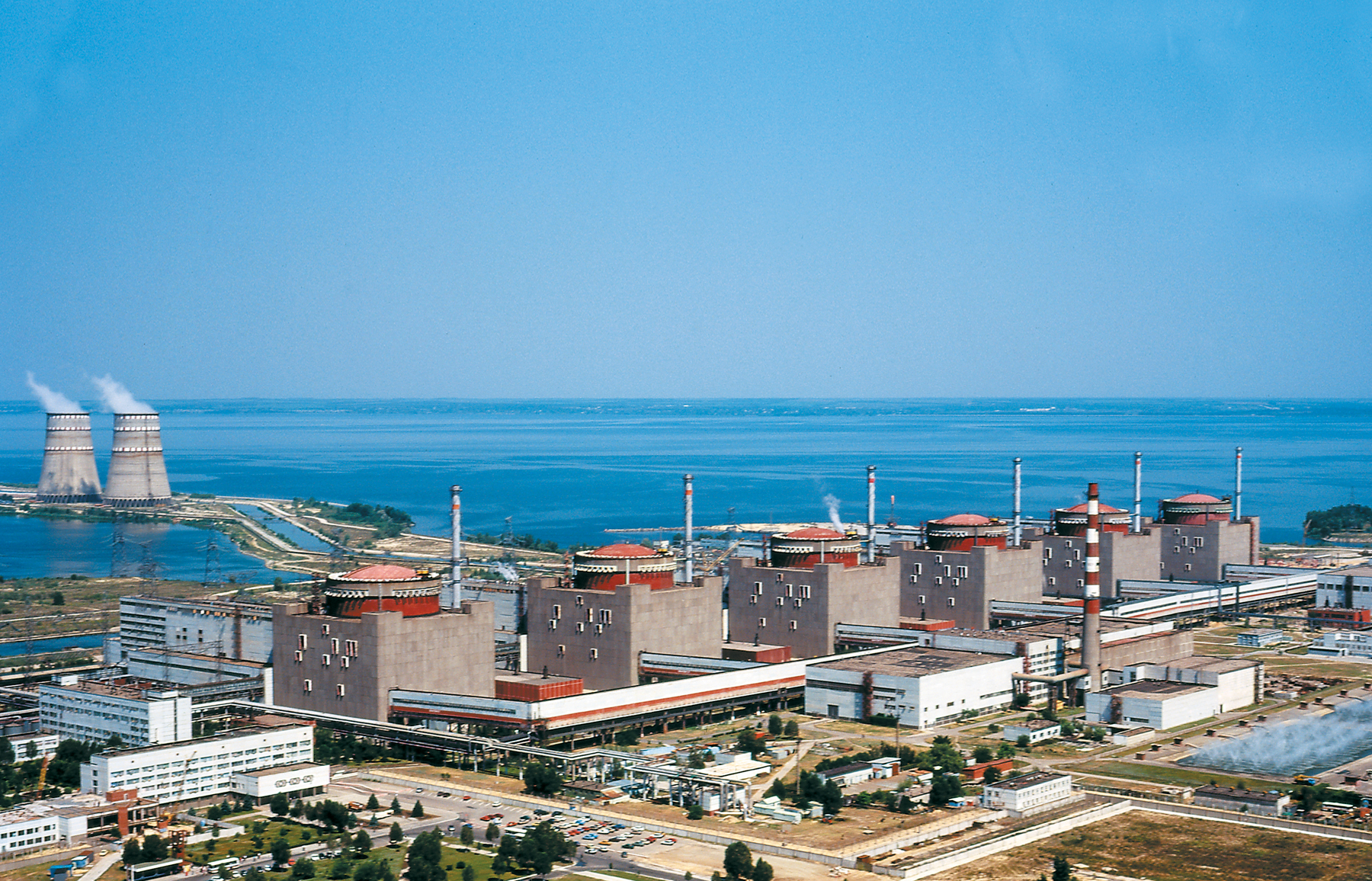TURKMENISTAN AND IRAN STRENGTHEN RELATIONS
TURKMENISTAN AND IRAN STRENGTHEN RELATIONS
Bilateral relations between Iran and Turkmenistan appear on the verge of a breakthrough. At the end of Turkmen President Gurbanguly Berdimukhamedov’s official visit to Tehran on June 15-16, the presidents of the two countries committed themselves to closer joint efforts across a broad range of issues. Berdimukhamedov and Iran’s President Mahmoud Ahmadinejad were keen to downplay the potential for outsiders to foster internal competition for their own political exploitation.
Presidents Ahmadinejad and Berdimukhamedov issued a joint communiqué at the end of their meeting, which confirmed the seriousness attached to moving bilateral relations to a qualitatively new level. The first point in the joint text, setting the tone for the entire agreement, stresses the intention to enhance existing ties between Turkmenistan and Iran: “The sides, guided by the principle of good neighborliness and common historical and cultural background, state their readiness for further enhancement of bilateral relations in the political, economic, scientific, technological, cultural, and healthcare spheres.”
Ahmadinejad used the opportunity of Berdimukhamedov’s visit to launch an anti-American diatribe. Pointing to the alleged fact that “certain powers are to turn the issue of the Caspian Sea into a challenge among regional countries to serve their own interests,” he suggested that building closer ties among the Caspian littoral states would prevent foreign interventions or meddling: “Certain bullying powers are after the oil and energy resources of the Caspian Sea, however, the environment and security of the sea have major impacts on the life of the littoral states,” Ahmadinejad affirmed.
On June 20, Tehran hosted a one-day conference on the Caspian for the foreign ministers of the five Caspian Sea littoral countries: Iran, Azerbaijan, Russia, Turkmenistan, and Kazakhstan. The conference formed part of Tehran’s proactive efforts to resolve the outstanding issues relating to the Caspian without outside assistance. Ahmadinejad’s mandate was sufficiently clear, calling for the establishment of sustainable security within the Caspian region, so that the littoral states exclusively cooperate in preventing smuggling and organized crime, while developing transportation infrastructure to facilitate regional trade (IRNA, June 20).
Naturally, border security is a concern for both sides. A peaceful resolution of all border-related issues will be sought, and with this in mind they agreed to schedule a fifth session of the Joint Commission on Consular, Border, and Customs Issues. Tehran may utilize this as a mechanism to help the Turkmen border guard service; specifically, strengthening the protection of the Turkmen-Iranian border through training the relevant security bodies. However, a key aspect of building bilateral ties will hinge on the energy sphere. Tehran emphasizes the need to secure continued exports of gas, oil, and petrochemicals from Turkmenistan to Iran and reassured Ashgabat that it remains committed to this central aspect in bilateral relations.
Tehran predictably praised Turkmenistan’s neutral status and its foreign policy, based in part on how the Iranian regime assesses the potential difficulties involved for Washington in any security-based initiatives toward Ashgabat.
Point 16 in the joint text paved the way for developing closer security ties, despite Turkmenistan’s neutrality: “The sides, stressing that they will not allow their territories to be used against each other and noting that the problems of terrorism and illicit drugs trafficking are common for the whole world, declare their readiness to step up the partnership in the sphere of security to counter these challenges” (Turkmen State News Service, June 18). Tehran is clearly thinking in strategic terms, not wishing to see Turkmenistan’s territory used for any U.S. military deployments.
Berdimukhamedov raised concerns over the growing security problem posed by drug trafficking from Afghanistan. His meeting with Iranian Foreign Minister Manuchehr Motaki confirmed that it is a serious bilateral issue and on that basis resolved to form a joint commission to deal with this problem. During the course of presidential consultations, both sides explored regional issues such as Iraq, Lebanon, and Afghanistan and discussed the potential for their regional partnership. Berdimukhamedov emphasized that, in his view, Iran has a particular role in maintaining peace and stability within the region (Voice of the Islamic Republic of Iran, June 18).
However, despite these clear signals of close and friendly ties with the Iranian regime, coupled with the largely successful diplomatic overtures from Moscow since the change in leadership in Ashgabat, Turkmenistan is carefully balancing its foreign policy. On June 20 President Berdimukhamedov received Admiral William Fallon, commander of the U.S. Central Command (CENTCOM), and Jennifer Brush, U.S. charge d’affaires in Turkmenistan, at the presidential palace. The Turkmen leader held out hopes that ties could be strengthened between the militaries of the United States and Turkmenistan in order to increase Turkmenistan’s counter-terrorist and counter drug trafficking capabilities.
Fallon assured Berdimukhamedov that the U.S. government remains positive about its partnership with Turkmenistan. Washington, according to Fallon, believes this partnership has “great prospects for establishing collaboration between the military establishments of the two countries in ensuring regional security, including combating terrorism and drugs trafficking and border protection.”
There was no breakthrough in security relations with Turkmenistan; however, there was increased interest in ways to generate security assistance from Washington. Fallon highlighted the already significant role played by Turkmenistan in ensuring uninterrupted supplies of electricity and liquefied gas. According to Fallon, Ashgabat can help to strengthen the peace and stability of the region and contribute directly to the pacification of Afghanistan simply through ensuring its continued energy commitments (Turkmen Altyn Asyr Channel, June 20). CENTCOM may develop stronger ties with Ashgabat if it bases its approach on building trust slowly, while steadily appealing to the Turkmen leader’s interest in unlocking Turkmenistan’s economic potential while convincing him that the country can effectively help neutralize the security situation in Afghanistan.


